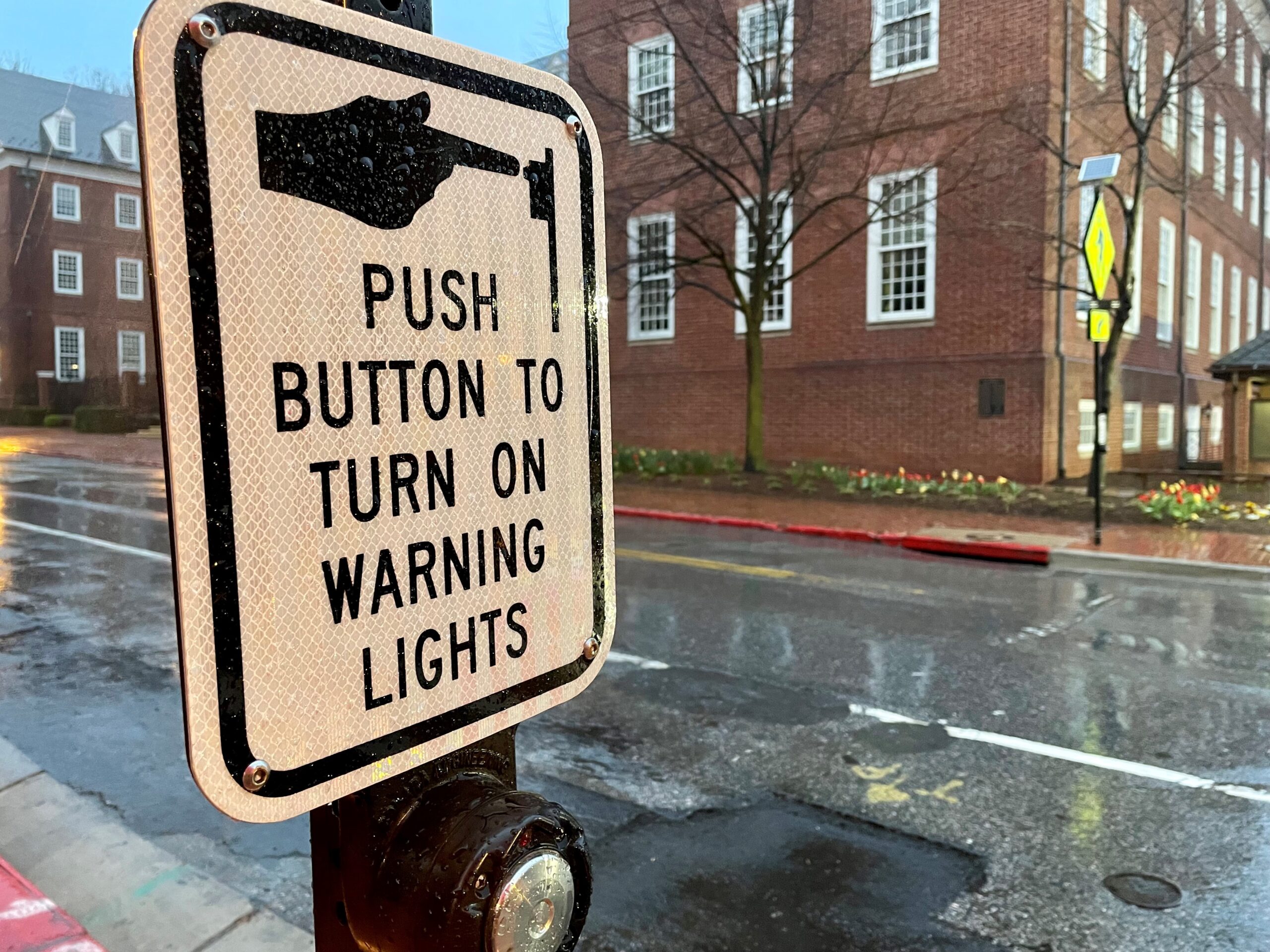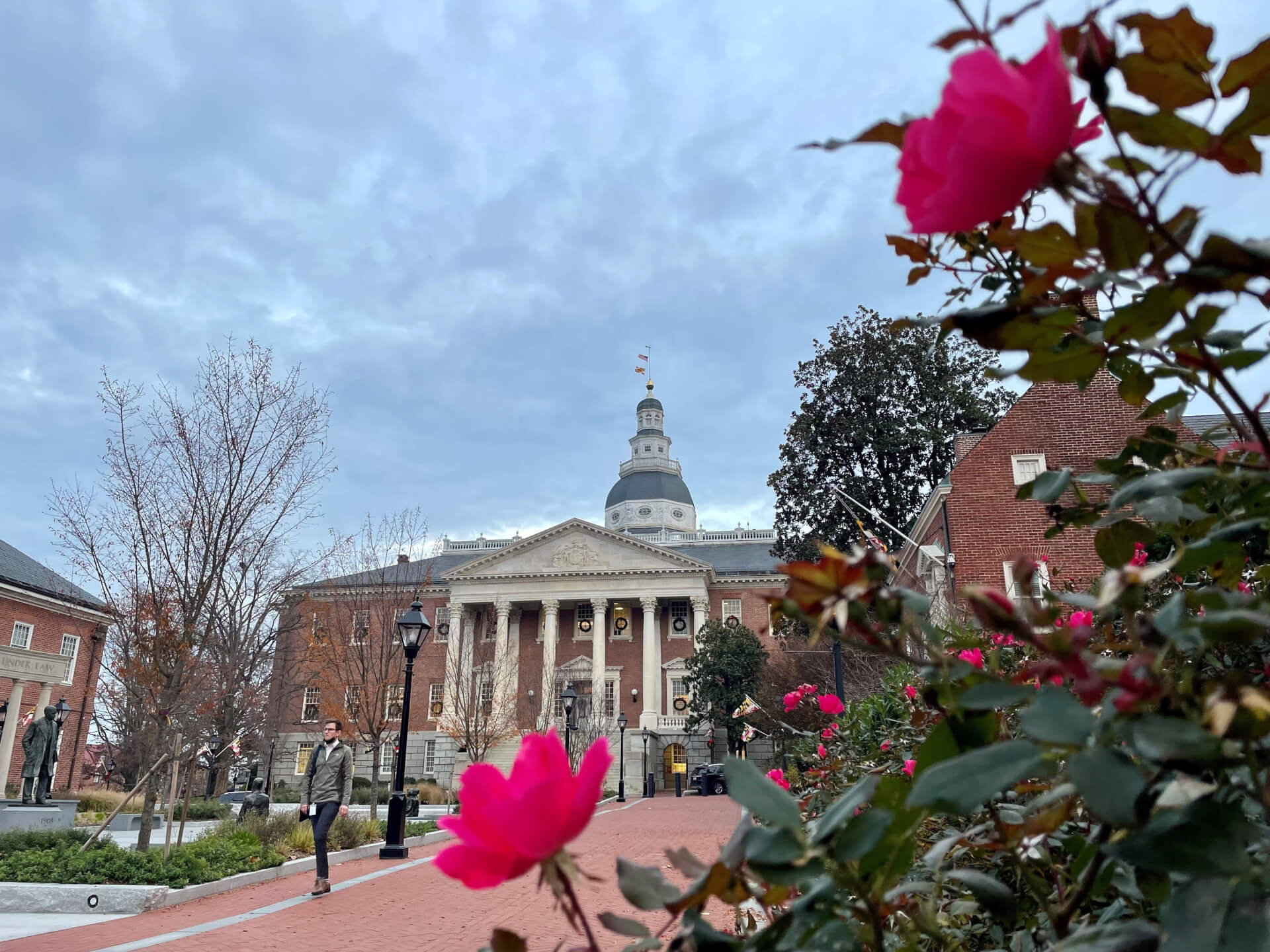Bill to Boost Pedestrian Safety Funding Could Get Late Vote, Chair Says

With the General Assembly set to adjourn at midnight Monday, legislation that would boost spending on pedestrian and bicycle safety is running out of time, though a key committee chair said she remains open to advancing the measure.
House Bill 656 would increase state funding by $7.2 million to pay for sidewalk improvements, safety signals, bike lanes and Americans with Disabilities Act retrofits.
Sponsor Del. Lorig Charkoudian (D-Montgomery) said the measure was intended to prod the Maryland Department of Transportation to make safety upgrades in areas where pedestrians and bicyclists have been injured or killed.
Her district includes a stretch of Georgia Avenue where a husband and wife were killed, five years apart, while trying to cross the road.
The bill appeared to die on a 5-5 vote in the Senate Finance Committee last week. It was unclear if lawmakers were aware that the bill — which originally sought $28.6 million in safety upgrades over five years — had been amended down to $7.2 million for fiscal year 2024 only.
Senate Democrats Joanne Benson (Prince George’s) and Kathy Klausmeier (Baltimore County) joined Republicans on the committee in voting the measure down.
Committee member Sen. Malcolm Augustine (D-Prince George’s) was absent on the day the panel voted, but on Thursday he said he is a strong supporter of the legislation.
“I’m the chair of the transit caucus. It’s one of our priorities,” he said. “If I had been here, I would have absolutely been supportive of the bill.”
Augustine said he would like the bill to advance but “we’re very late” in the session. “There was a vote,” he added. “We’re sort of in a place where the rules are getting in the way.”
Finance Committee Chair Delores Kelley (D-Baltimore County) said she is open to reconsidering the measure. “If there are enough members one way or the other who are interested in bringing it back, we’ll do it,” she said.
In a letter to the legislature, the Department of Transportation said that Charkoudian’s bill would require that funds “be shifted from previously programmed projects.” But the lawmaker dismissed those claims in an interview Thursday, saying that $7 million is “couch-cushion change” for the agency, which has a multibillion-dollar budget.
“MDOT and the governor have purposely cut various funding sources to the Transportation Trust Fund, so it’s on them if they feel it’s too tight,” she said. “This bill is a catch-up bill. It’s moving money to start to catch up the under-funding” of safety improvements.
In addition to mandating an increase in spending on safety measures, HB 656 also would require the State Highway Administration to report how many unfilled staff positions it has and to describe “the extent to which these open positions slow down the process of implementing safety improvements once improvements have been identified.”
By a vote of 99-34, the measure passed the House of Delegates on March 21, over the objections of Republicans. Several GOP lawmakers said the legislature should have faith in transportation department’s ability to prioritize safety improvements.
The Senate cross-filed version of Charkoudian’s bill, Senate Bill 880, sponsored by Sen. Jeff Waldstreicher (D-Montgomery), has not been voted upon.




 Creative Commons Attribution
Creative Commons Attribution